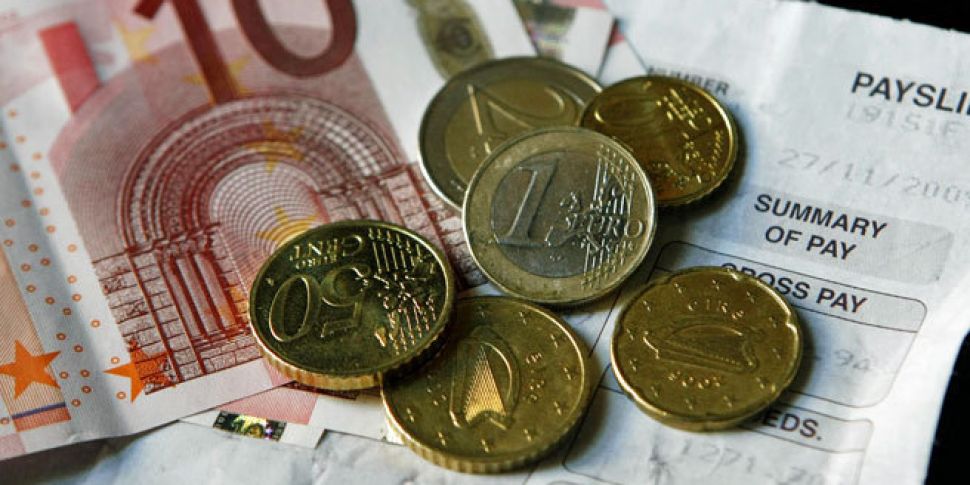The Irish Exporters Association (IEA) has called on the Government to freeze the minimum wage for at least three years in order for the long-term implications of Brexit to be understood.
In its pre-budget submission, the IEA highlights rising wages along with the insurance costs and a weakened sterling as the main issues facing Irish exporters.
In the event of a minimum wage increase in Budget 2017, the IEA has recommended a reduction in employers PRSI contributions to "ensure no net cost to the employer".
The IEA also called on Enterprise Ireland, Bord Bia and Irish embassies receive a 10% funding to increase resources in high-growth markets.
Speaking on Breakfast Business this morning, IEA chief executive Simon McKeever singled out uncertainty across the Irish Sea as the major concern in the run-up to October.
He said:
"The big thing at the moment is the reaction to the decrease in the value of sterling, and its suddenness and the sharpness with which it moved after the Brexit vote.
"Companies are trying to deal with that at the moment; that's the main, the biggest and the immediate issue."
McKeever warned that we need to be "very cognizant" of the overall cost of doing business in Ireland compared to the UK, as he foresees competition between the two nations.
He asked the Government to be "a little bit creative" in addressing the issues, with the IEA looking at the creation of a national hedging strategy to deal with currency fluctuations (more of a "question" than a "massive suggestion" for now).
The idea would be for a hedging management control to be put in place to reduce exchange rate exposure
"Is there a particular rate that something like the NTMA could go out there and hedge at the moment, manage the exposure on it and a rate might be given to companies, subsidised by the government, of small amounts?" McKeever asked.
A considerable number of SMEs have failed to hedge in this way, with IEA evidence showing 65% of companies hadn't actually hedged in the lead-up to the Brexit vote. This fell to 49% in the immediate aftermath.
McKeever stated that the attitude of small companies needed to change in this regard, and that they must be taught "how you bring hedging into the strategic and the normal day-to-day management of your business."









